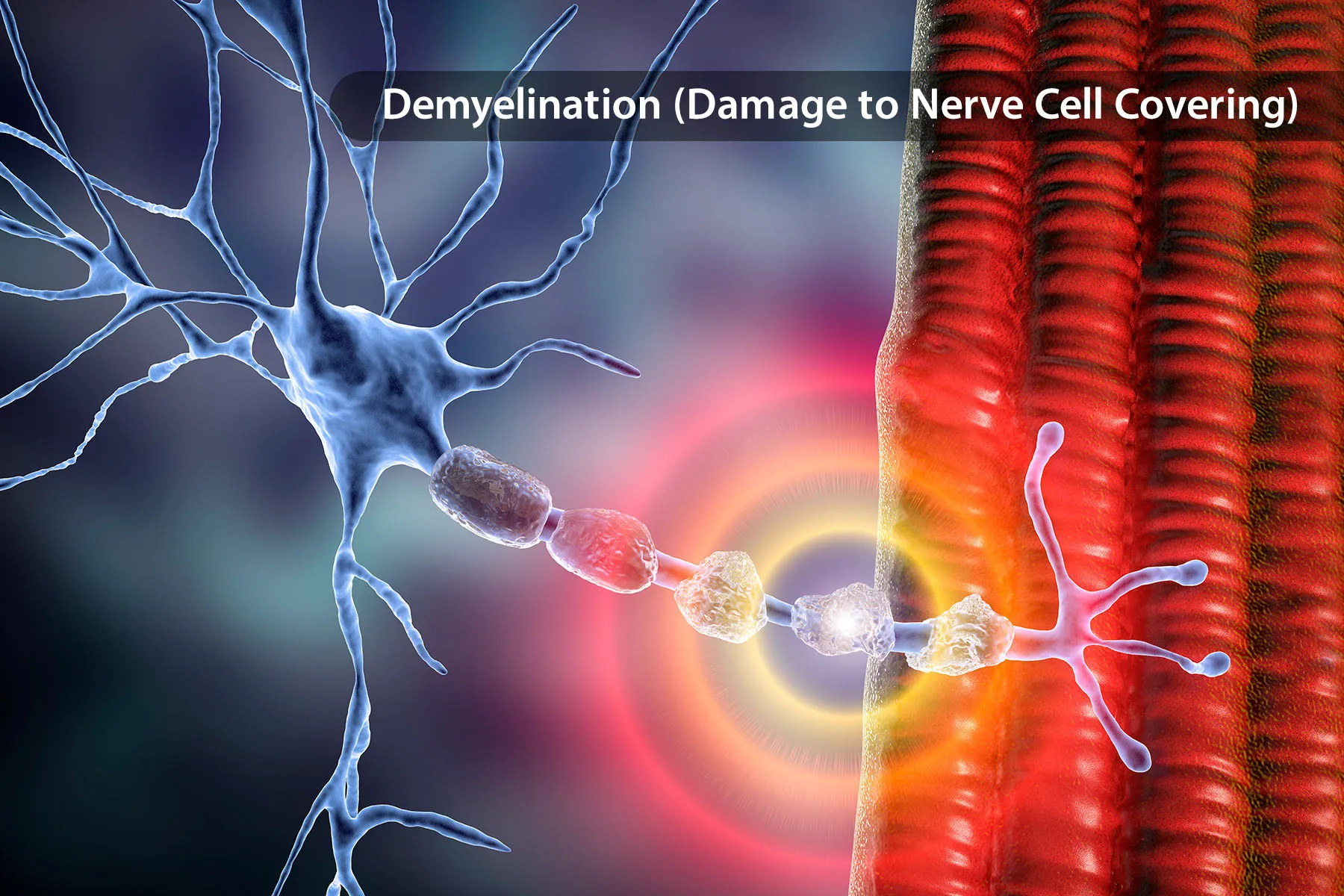
Understanding Multiple Sclerosis and Early Symptoms MS is a chronic neurological disorder in which the immune system attacks the protective covering of nerves, disrupting communication between the brain and the body. While the most common symptoms include fatigue, numbness, and visual disturbances, sexual dysfunction—especially in men—can also emerge early in the disease process.
How Erectile Dysfunction Connects to MS:
- MS can damage the nerves involved in sexual arousal and response.
- Up to 70% of men with MS report some degree of ED.
- ED can appear before other more recognizable MS symptoms.
Recognizing ED as a potential neurological symptom may lead to earlier diagnosis and improved outcomes through timely multiple sclerosis treatment options.
Medicine for MS Patients: What to Expect There is currently no cure for MS, but a wide range of medications are available to slow disease progression, manage symptoms, and improve quality of life.
Categories of MS Medications:
- Disease-Modifying Therapies (DMTs): These are essential medicine for MS patients aimed at reducing relapses and slowing progression.
- Symptom-Specific Drugs: These include medications for MS symptom management, such as spasticity, fatigue, pain, or depression.
- Acute Relapse Management: Corticosteroids are commonly used during MS flare-ups.
Most newly diagnosed individuals begin treatment with a DMT that fits their disease type and lifestyle. Some therapies are injectables, while others are oral or infusion-based.
Multiple Sclerosis Treatment Options: A Detailed Look Whether you’ve recently been diagnosed or are reassessing your treatment plan, understanding all available multiple sclerosis treatment options is critical.
Common DMTs Include:
- Interferon beta (Rebif, Avonex)
- Glatiramer acetate (Copaxone)
- Fingolimod (Gilenya)
- Dimethyl fumarate (Tecfidera)
- Natalizumab (Tysabri)
- Ocrelizumab (Ocrevus)
Important Considerations When Choosing a Therapy:
- Frequency of administration
- Method of delivery (oral, injection, IV infusion)
- Side effect profile
- Risk of progressive multifocal leukoencephalopathy (PML)
Discussing options with a neurologist who specializes in MS ensures your treatment aligns with disease severity and lifestyle preferences.
Symptom Management Drugs for MS: Improving Daily Life Living with MS often means dealing with a spectrum of symptoms. Fortunately, MS symptom management drugs can significantly ease these challenges.
Targeted Treatments Include:
- Baclofen or tizanidine for spasticity
- Modafinil for fatigue
- Antidepressants for mood disorders
- Gabapentin or pregabalin for neuropathic pain
- Anticholinergics for bladder dysfunction
Timely management of these symptoms improves mobility, mental clarity, and overall quality of life.
Lifestyle Impact on MS Treatment and Disease Progression Beyond pharmaceuticals, lifestyle choices play a major role in how MS progresses and how patients respond to treatment. A holistic approach—including diet, physical activity, mental health, and sleep—has been linked to better long-term outcomes.
Key Lifestyle Factors:
- Diet: Anti-inflammatory diets rich in omega-3s, leafy greens, and whole grains
- Exercise: Regular movement, such as yoga, swimming, or walking
- Mental Health: Therapy and support groups
- Smoking Cessation: Smoking accelerates MS progression
- Vitamin D: Supplementation may help reduce relapse rates
Understanding the lifestyle impact on MS treatment allows patients to actively participate in their care and increase the effectiveness of their medical therapies.
The Importance of Early Detection and Intervention Since MS can begin subtly, recognizing early warning signs—including erectile dysfunction—can lead to quicker intervention. This is especially true for men under 50 experiencing unexplained or persistent ED.
When to Seek Help:
- ED combined with numbness, tingling, or vision issues
- Family history of autoimmune or neurological conditions
- Sudden onset of fatigue or poor coordination
How to Get Started with MS Diagnosis and Treatment If you’re experiencing ED along with other neurological symptoms, consult your primary care provider or request a referral to a neurologist. A combination of neurological exam, MRI, and lumbar puncture may be used to diagnose MS.
Finding Treatment Centers: Search for clinics that specialize in MS, or use terms like:
- “medicine for MS patients near me”
- “disease modifying therapies for MS in [city]”
- “MS symptom management drugs covered by insurance”
Resources and Support Being diagnosed with MS can be overwhelming, but numerous support systems and organizations exist to guide you through the process:
- National Multiple Sclerosis Society
- MS Navigators
- Online and local support groups
- Free webinars and patient education platforms
Conclusion Erectile dysfunction might be more than an isolated concern—it could be an early signal of Multiple Sclerosis (MS). With an array of multiple sclerosis treatment options, medicine for MS patients, and innovative disease modifying therapies for MS, early diagnosis is your best chance at slowing progression and maintaining a high quality of life. Don’t overlook symptoms like ED—they may be the first clue in detecting a chronic, but manageable condition.
By combining pharmaceutical treatment with an understanding of the lifestyle impact on MS treatment, patients can empower themselves to take control of their journey. If you’re ready to explore options for diagnosis, symptom relief, and long-term management, help is just a click away.
